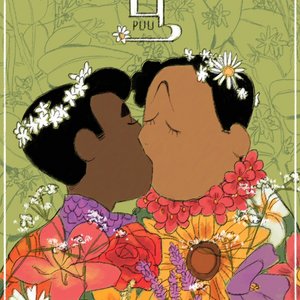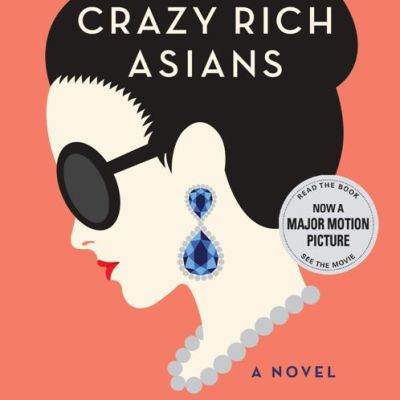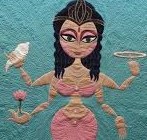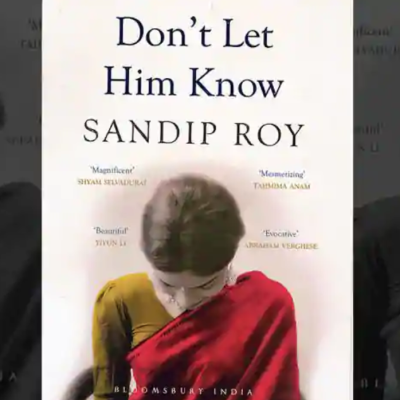Review
Tales delicately yet powerfully draws out the conflict between sex workers and feminism in India,at a time when a lot of feminists thought of prostitution through a SWERF lens[1].
As the fire rages on and licks of flames get higher and higher, the burning desire, tension and sexual chemistry between the two rises to a crescendo. Heloise gets so consumed that a part of her dress catches fire, but it is quickly put out by the other women present there.
Puu, an episodic comic (consisting of 92 serialised episodes) created in 2016 by Nabigal-Nayagam Haider Ali – going by Nabi online – is woven together with vast, expansive threads of similar intense spiritual moments and reflections on devotion, faith, and love.
Dilli ki Galiyaan therefore offers us a broader canvas for our desires, than the one afforded by the clear cut binaries of our current debates. The text shows that there will be masculinities that we urgently need to discourage; while men who do not encourage us will continue to exist.
I believe that such mini-series as “Unbelievable” will help people have a better understanding of what women go through when they experience a horrific incident like rape or sexual assault.
Kumbalangi Nights is a beautiful glimpse into how masculinities are performed and what it does to the men performing them, as well as to their relationships.
Through its vivid and raw depictions of socio-cultural life in rural Karnataka, the author, Vasudhendra, a key voice in contemporary Kannada literature, brings forth his identity in all its intersecting dimensions, through the inclusion of class, caste, religion, gender, rural-urban location, education and language.
The movie Shubh Mangal Saavdhan was a commentary about perversions in our society – the denial of the truth about sexuality, that sex is normal, that sex could be just another physical need, that sometimes sex can be boring, that sometimes sex can frustrate.
Ellie’s writings are mostly BDSM-centric. Some set in an imaginary world, others in our world with fictitious characters, and some even in a supernatural world. However, almost as a rule, all these stories include elements of BDSM, fantasies, fetishes and even some mildly taboo subjects.
Fouzia Azeem, more popularly known as Qandeel Baloch,was called Pakistan’s Kim Kardashian. Madiha Tahir, a journalist and filmmaker who is interviewed in the documentary,questions this comparison. To quote her: “She (Qandeel) is not Kim Kardashian at all. She is not famous for being rich. An upper-class woman would have her class protection and it’s unlikely that an upper-class woman would be supporting her family from these social media videos.”
The concluding chapter reiterates the aims of the book, i.e., “to start critical conversations within the disciplines of psychology, social work, childhood studies, and family studies in India and to think about exclusions inherent in these disciplines.
Kwan’s ‘Crazy Rich Asians’ does not just highlight the lifestyle of the segment of Singaporean society that is unimaginable and unattainable to most people, it amplifies that heterosexuality is often not a choice.
But whether you root for this couple or not, Little Things makes you think about the small things – like reading out a line from a book of poetry, sharing a friend’s WhatsApp message with your partner, forgetting to wash your dirty socks before they make the room stink – that make or break a relationship.
Rama and Sita are no longer placeholders for chastity and virtue, but are human and they make excessive demands on each other, they are callous and take each other for granted all the time.
Using silent actions and secret fulfillment of what society considers as sin and the law condemns as illegal, the text offers an example of the silence of resistance.















